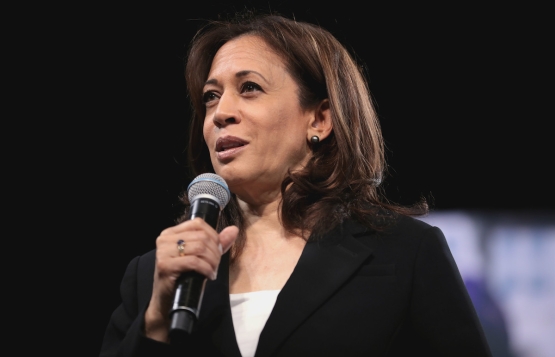Election Day is almost here, and the presidential contest is not the only one that matters. Those of us lucky enough to have on-cycle school board elections also get to choose our representatives on perhaps the most important policymaking boards in local government. Here are twenty questions you might ask your school board candidates to answer.
1. Do you agree that our schools were closed to in-person learning for too long during the pandemic? If something like that happens again, how should the district balance the needs of students against the health concerns of adults?
2. Given the massive learning loss still plaguing our students, would you support continuing the district’s high-dosage-tutoring programs? How would you pay for them? How would you make sure they get the best results possible?
3. Chronic absenteeism continues to be a major challenge, with significantly higher numbers of students missing at least a month of school every year than before the pandemic. The absent students tend to be disproportionately kindergarteners and high school seniors. Would you support any tough-love measures to get students back to school and to hold them and their parents accountable?
4. How confident are you that the district is following the science of reading when providing literacy instruction in the early years? Can you name the foundational literacy program the district uses?
5. Data indicate that young students continue to come into our elementary schools farther behind academically than their peers were before the pandemic. Given that, would you support retaining students by no later than the third grade if they have not yet learned to read? How about adding an extra year of elementary school for these students?
6. Do you believe it is important for young students to learn their math facts, such as the multiplication tables?
7. The state requires that teachers be granted due process rights, also known as tenure, after a few years in the classroom. What do you think junior teachers should have to do to earn that designation, if anything?
8. Evidence suggests that it’s possible to recruit the best teachers to the neediest schools, but only if we pay them a sizable salary stipend, such as an extra $10,000 or $15,000 a year. Would you support such a policy? How about for principals in high-poverty schools? How would you pay for it?
9. Local officials have little control over the state pension system, which is demanding an increasing amount of district budgets, but it does have discretion over granting healthcare to retired teachers and other staff. Would you support eliminating retiree healthcare benefits, especially given the existence of the Obamacare exchanges?
10. The districts’ gifted and talented programs disproportionately serve White, Asian, and upper middle-class students. What would you do to diversify those initiatives, if anything?
11. Do you support accelerated math programs for students who are ready for them? Starting in late elementary school? Middle school? High school? Do you support honors classes in all of the academic subjects in middle school? High school? What do you think about placing all students in honors classes and no one in “on-level” ones?
12. What can the district do to increase the number of children of color and children from low-income families who participate in its Advanced Placement and International Baccalaureate programs? And not just taking the classes but actually passing the exams?
13. What more should the district do to promote engaged citizenship among its students and its graduates? Is the district doing enough to teach students’ core content knowledge in history, geography, civics, science, and the arts?
14. Would you support allowing students to opt out of traditional college prep courses after their sophomore year of high school so they can focus on career and technical training, including internships and apprenticeships?
15. Are you concerned about grade inflation in the district? Do you support the so-called “no zeros” policy, whereby the lowest grade a student can receive is a 50 percent, even for assignments not turned in? What percentage of high school students do you think should be getting straight A’s? How does that compare to the situation today?
16. Do you think the district has a problem with cheating? What are the root causes? What might you do about it?
17. Do you support suspensions and expulsions for student misbehavior? If not, how would you address student violence toward teachers or their peers? Chronic disrespect toward teachers? Distributing AI-generated deep-fake nude pictures of their peers?
18. Would you support a “phones away for the day” policy? Locking up students’ phones in lock boxes or magnetized bags?
19. Studies suggest that participating in extracurricular activities, including athletics, provides all sorts of benefits for students. But these opportunities are not equitably distributed. How would you change that?
20. The district’s high school graduation rate is at an all-time high. Are you confident that all students have earned their diplomas? Do you think the district is serving its lowest-performing, least-engaged students—the ones who might have dropped out in previous eras?
Yes, these are tough questions, but being a school board member is an important job! See how your candidates do on this test—and try not to grade on a curve.
Editor’s note. This was first published by Forbes.







